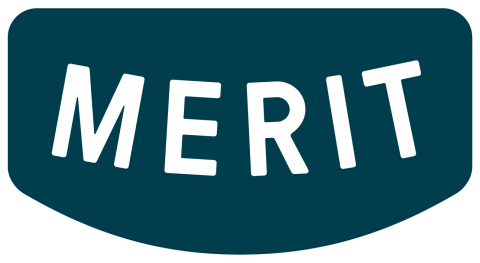ASPIRE Coalition: The Military Spouse Licensing Relief Act Means Now is the Time To Implement Interstate Licensing Reciprocity
ASPIRE Coalition: The Military Spouse Licensing Relief Act Means Now is the Time To Implement Interstate Licensing Reciprocity
The coalition of veteran and military spouse organizations call upon the states to implement the solutions and policies now required under federal law.
SAN FRANCISCO--(BUSINESS WIRE)--The ASPIRE (Alliance for States Providing Interoperable Reciprocity) coalition of non-profit and private sector organizations including Blue Star Families, The National Military Spouse Network, The Association of the United States Army, Women Veterans Interactive Foundation, Credential Engine, and Merit International, Inc., announced today that the recently-signed Military Spouse Licensing Relief Act has cleared the way for states to implement a true solution to the problem of interstate reciprocity for military family occupational licenses.
While at least 16 states have passed laws that in some form mandate or enable reciprocity for military families possessing a state-issued credential, President Joe Biden’s signing of the provision into law earlier this month marks the first time that the federal government has put its weight on the scale to mandate a solution. The Military Spouse Licensing Relief Act, now federal law, requires states to provide reciprocity for servicemembers and their spouses who seek to transfer valid occupational licenses from previous jurisdictions into a new state.
According to Department of Defense officials, more than 132,000 spouses of active-duty military personnel work in occupations that require licensing. Through no fault of their own, these spouses have been uniquely disenfranchised by laws restricting out-of-state recognition of such licenses up until now. Nearly 15% of military spouses move across state lines in any given year, compared to just 1.1% of civilian spouses, creating a longstanding economic burden afflicting 39% of military families.
“We applaud President Biden for signing into law a mandate that the states cooperate in easing this burden for military families,” said Terron Sims, Executive Director of Military and Veteran Affairs at Merit. “But, there is still work to be done, especially when it comes to implementing a central technological solution to connect all 50 states. This is a huge step in the right direction, and the time for states to act is now.”
The bill amends the Servicemembers Civil Relief Act (SCRA) of 2003, and now requires states to recognize servicemember's spouses’ occupational licenses from other states if the servicemember and the servicemember's spouse move across state lines on account of a Permanent Change of Station order.
“A back-of-the-envelope calculation tells us that universal recognition of military family occupational licenses is expected to add more than 53,000 jobs to the U.S. labor market,” shared Director of the Knee Center for the Study of Occupational Regulation, Edward Timmons, a Service Associate Professor at John Chambers College of Business and Economics at West Virginia University. “When occupational licenses are not transferable across state lines, the restriction negatively impacts labor markets.”
The ASPIRE coalition continues to call upon states to fulfill both the letter and the spirit of laws and policies implemented to lift burdensome occupational licensing restrictions for America’s military families. With the signing of The Military Spouse Licensing Relief Act into law, our country is closer than ever to making good on our promises to servicemembers and their families. Now is the time for every state to align and implement the final steps toward reciprocity.
To learn more about ASPIRE, Merit, or how you can help demand interoperable reciprocity for military families, please visit Merits.com/ASPIRE.
About ASPIRE: Alliance for States Providing Interoperable Reciprocity
A national coalition facilitating states’ support for service members and families with interoperable verified digital credentials. Merit is the first technology company to facilitate universal license recognition – cutting red tape, speeding up the hiring process, and propelling economic competitiveness.
About Merit
Merit is the interoperable ecosystem for all digital credentials issued by trusted organizations. The platform allows everyone to access, track, and organize their licenses and credentials in real-time. Merit works with more than 1,000 organizations for professional licensing, occupational regulation, workforce development, emergency services, and other digital credentialing needs.
Contacts
Kevin Farrell
press@merits.com
833-463-7487
